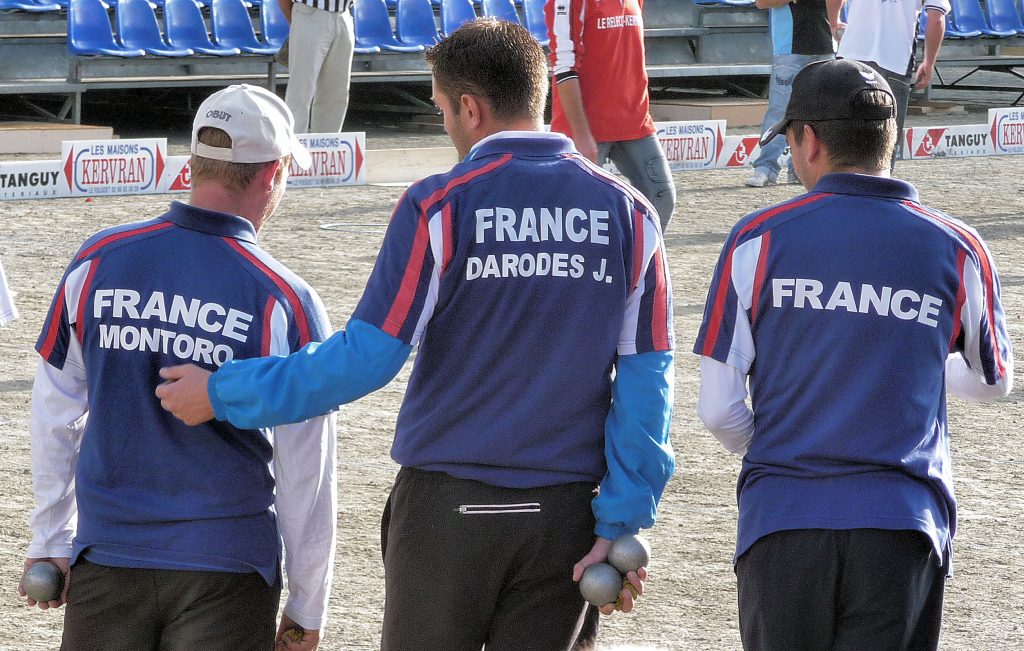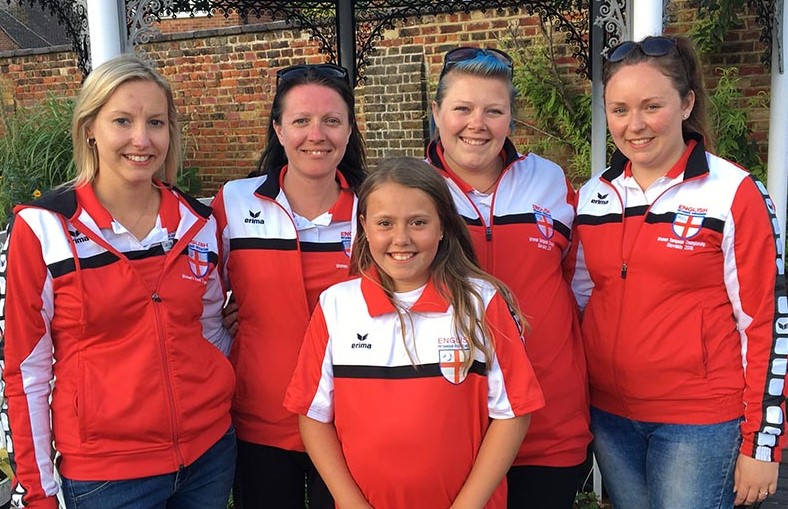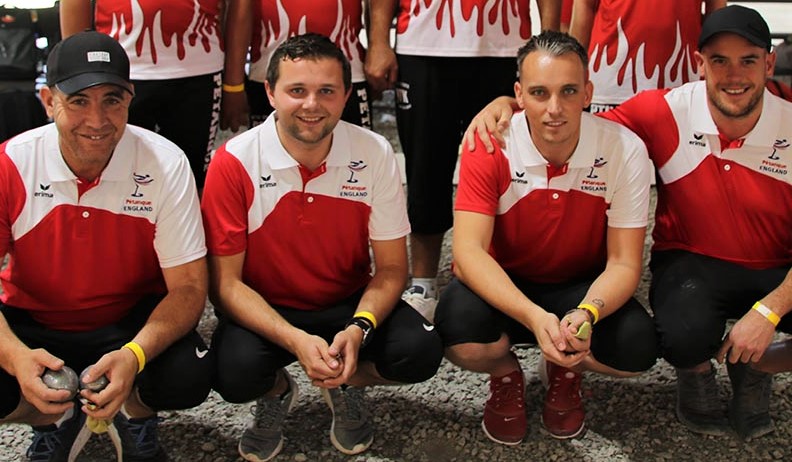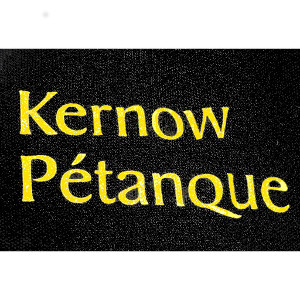The sport of pétanque
Pétanque – pronounced peh-tonk – originated in the south of France in about 1907. The legend says that it was adapted from a more active game known as jeu provençal for a renowned player who could no longer take part because of age and rheumatism. The name comes from the Provençal phrase pieds tanqués – feet together – meaning that a player’s feet do not move during a throw and stay within the throwing circle.


Pétanque is now played competitively by almost 600,000 people around the world, with many more participating as a leisure activity. French players still dominate the higher levels of the sport. The 16 regions forming Pétanque England currently have more than 2,500 members; teams representing England regularly take part in international competitions.
Pétanque is unusual as a sport in that it does not require high levels of physical fitness or strength and men and women can play on an equal basis. It is played by people from eight to 88 (and more) and is accessible to many with disabilities.

The basics are very easy to pick up – new players can join in quickly – but the sport can also be played at a high level and with great skill and technique.

